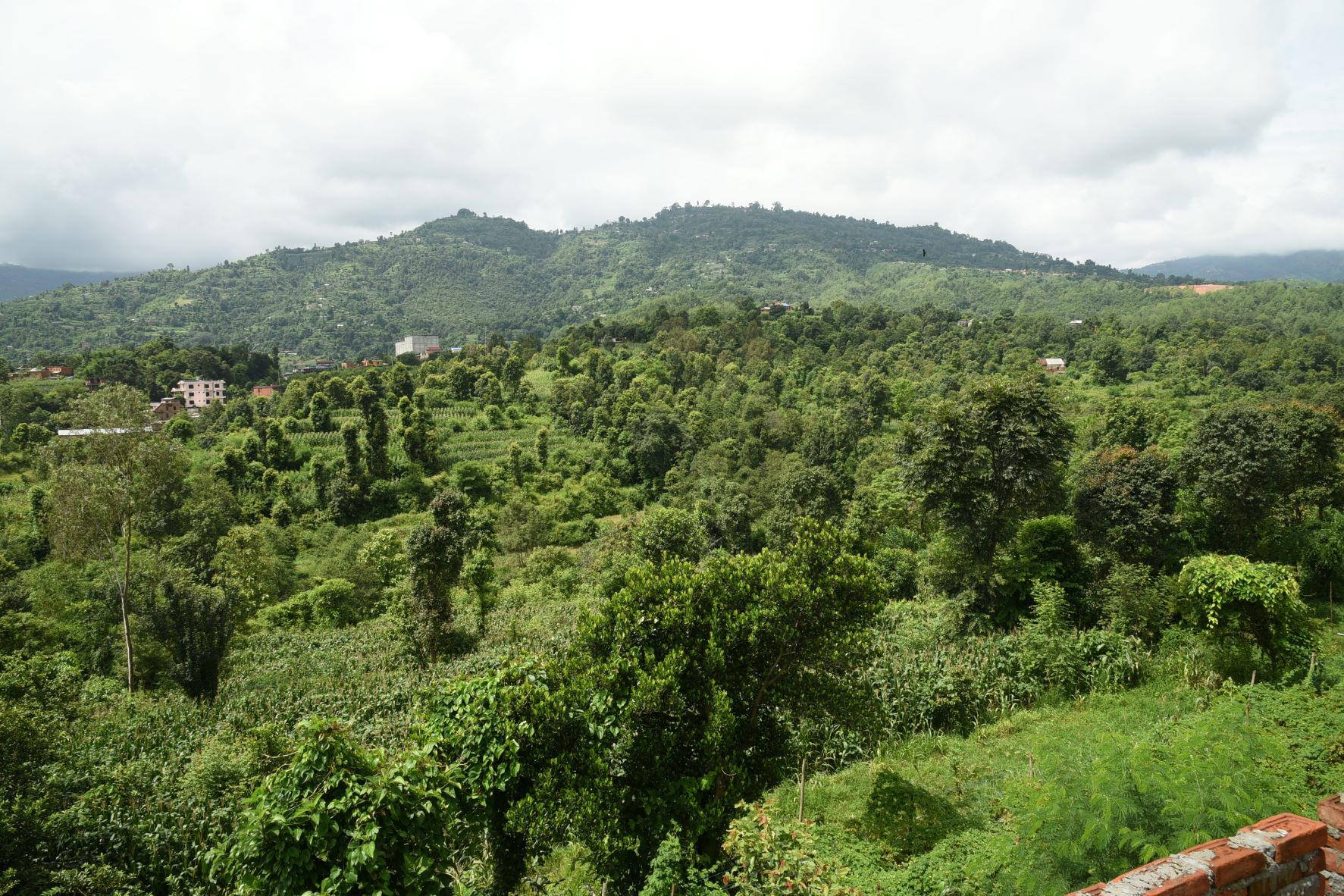CCA and Partners Developing Framework to Report on Climate Action Through Clean Cooking
In this, the critical decade for climate action, many countries are underreporting their greenhouse gas emissions, according to a recent investigation by The Washington Post. One particularly striking example is Malaysia’s claim that a portion of its forests absorbs carbon four times faster than highly similar ecosystems in neighboring Indonesia. Without reliable data and robust systems of measurement, reporting, and verification (MRV) underpinning all climate commitments—including for clean cooking—we cannot hope to limit global temperature rise to 1.5°C.
To ensure that governments can accurately report against their clean cooking initiatives and broader climate goals, the Clean Cooking Alliance (CCA) has formed a consortium of partners—including the United Nations Framework Convention on Climate Change (UNFCCC), the United States Environmental Protection Agency, the Climate and Clean Air Coalition, and Berkeley Air Monitoring Group—to develop and pilot a robust MRV framework.

Clean cooking is a critical climate mitigation solution that (1) reduces greenhouse gas emissions from the burning of non-renewable woodfuels and (2) abates short-lived climate pollutants such as black carbon, which has a climate-warming impact that is up to 1,500 times stronger than carbon dioxide. Nearly 70 countries have already recognized the importance of household energy and clean cooking for climate action by including relevant goals in their Nationally Determined Contributions (NDCs).
The new MRV framework, which will be developed in close consultation with the UNFCCC secretariat, will be critical in supplying countries with best practices on how to report emissions reductions against their climate goals consistently and reliably across diverse contexts. It will help prevent discrepancies by ensuring that reported emissions reductions are accurate and supported by data. Improved MRV for climate mitigation strategies like clean cooking will also increase the transparency of clean cooking programs, making them more attractive to investors, donors, and policymakers.
To ensure the consistency and credibility of emissions reductions through clean cooking, CCA and its partners will link the MRV framework to the International Organization for Standards’ (ISO) methodologies for testing and reporting on stove performance. This alignment is important given that UNFCCC has already incorporated the ISO standards into its Clean Development Mechanism, the program through which projects in developing countries can earn certified emission reduction credits.
Finally, CCA’s NDC consortium will hold a webinar in early 2022 for any government representatives interested in learning more about the forthcoming MRV framework and the possibility of receiving in-depth technical assistance from CCA and its partners to implement national clean cooking goals. To learn more about this event, please email CCA at NDCs@cleancooking.org.
